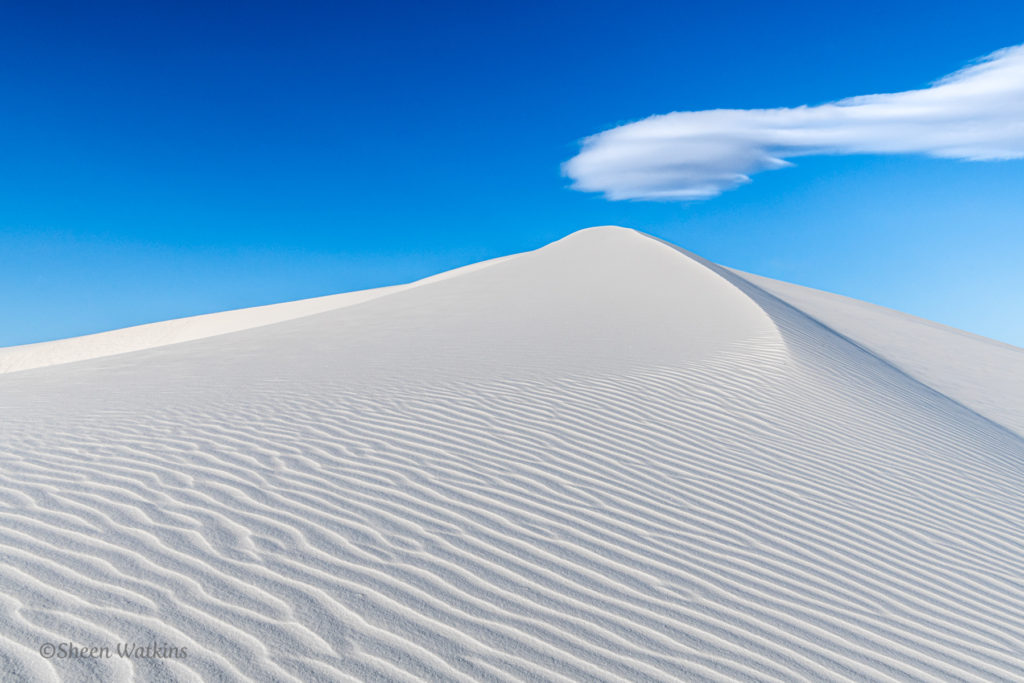Should we be focusing on a specific genre of photography? Many blogs (including ours) share perspectives on the reasons to stick with a category, or genre of photography.
When you think of Ansel Adams, what comes to mind? Black and white photography? Landscapes? Make no bones about it, Ansel Adams set himself apart with his specialty of rural landscapes in black and white. A pioneer whose quotes and images are revered to this day.

In today's world of Instagram, Facebook, the web, and online art and photography websites, today's experts and specialists continue to have a voice and following. Yet, their voices, while strong, face stiff competition from other images of excellence that fly in front of our faces every few seconds in our social feeds.
A social post from Art Wolfe and other icons lasts in our feed about the same amount of time as a fashion celebrity, friend, or peer photographer.
Focusing On A Category – Today's Reality
Today our industry continues to grow and shift. Growth in terms of a number of photographers, subject matter, and job categories. Plus, non-professionals add a new layer of competition for mind-share.
The subject matter available to photographers? Vast. All we need to do is take a walk, visit a mall, attend an event, navigate a local scene to find something interesting to photograph.
If ‘interesting to photograph' was only that easy. The subjects are numerous, but capturing images that jump off the screen and resonate with viewers? It's work. A lot of work. That is where expertise from trial and error, rinse, and repeat come into play. It's all linked together.

Add in that today, for viewers (and potential customers) to find works of art in areas they enjoy, all they have to do is scroll through their social feed. Within seconds, images dance across smartphones and computer screens.
If only likes were the same as money, many photographers would be raking in serious pennies. But, as we know, they are not.
Your Photography: What Are You Known For? What Are Your Goals?
If our goals include earning an income from our work, there's a business benefit to honing your craft in a category. When we study our subjects time and time again, our skills and our eyes fine-tune. Our work potentially elevates and bodies of work expand.
Photography in itself crosses so many categories and genres. Your eye, artistic strengths, and passion for what you shoot help guide our field(s) to focus on. Even when you do the majority of your work in a genre, there's an opportunity to further niche yourself into more narrow subcategories.

Our business opportunities grow as we learn more about our audiences preferences and buying customers and how to reach them.
If we look at Jackie Kramer of LuvBlooms, her floral photography is off the charts amazing, stunning, and creative. She's also a wedding photographer. While her work there is also stunning, she targeted and honed her floral photography work. Her masterful work is in galleries. She conducts high-profile workshops and coaches many informally via her Facebook page: Pholorography (participation is via a request to join the group).
Branding Shares Your Story, Gains Credibility
Like Jackie above, the more of our work in a category we push, the more we're thought of in that arena. We gain followers who share the same interest. We become more known and recognized. When we build our business on a brand or brands, it helps street cred too.
If our goals are to drive customers to our work and services, messaging and branding must be clear. Consider this: Would you go to 5 Guys and Fries for a pizza? No, definitely not. But for a juicy burger with all the ‘fixings' and super french fries, sign me up! That's the point with our photography.
Would you reach out to a boudoir photographer to photograph your child's birthday party or vice versa? You might if the branding for each of these lines is clearly defined and separated. On the other hand, if you visit their website and see amazing boudoir imagery side by side with birthday parties, you'd probably look elsewhere. This combo pack would be hard to put under one brand.
Additionally, when your strengths are recognized, there's opportunities outside of selling prints that lead to income.
Here's a few:
- Writing and blogging
- Individual and group workshops
- Guest speaker
- Gallery show
- Photography judging
- Panel discussions
- Stock photography
- Event and special occasions
- Workshop team members
- Etsy shop
- Online art websites
- Commercial work
- Portraits
- Photo products (books, calendars, cards)
- Many others…
Industry – Our Competition, Our Action
- Competition: The industry, like any other industry, faces challenges. As many photographers are self-employed, freelance, we face competition from other photographers. Millions of professional photographers. We also compete with non-professional photographers who in their own right produce professional-level work. And we compete with non-professional and professional's moments of excellence who are willing to give their work away for free.
- Our Action: As a result, the need for producing body (or bodies) of work that make our brand recognizable to others elevates. When our photographic interests are broad, if using your work as a source of primary income, it's helpful when your branding is clear as in Jackie's above.
My Experience:
As much as I wish I could say I've stuck with a genre, it's a “well, sort of.” I started with birds and expanded across categories that are nature and travel-related. I also enjoy abstract photography even though that's not really a big part of my work.

I've branded my art and writing work as a photographer who can't focus on a subject. While it's a little tongue in cheek, it's true. My husband says I suffer from a photographer's attention deficit disorder. I agree.
Locally, my business comes from individual and small group workshops and custom coachings via Zoom. More broadly, my photography and writing skills are used in blogs combined with a few travel workshops.
To that end, I opted to use Etsy as my primary sales platform. As much as I'd like to think that folks will go to my website to buy (and some do!), people go to Etsy to shop with the intention of buying. For those whose work is broad, online marketplaces such as Etsy and others offer those with diverse subject matter a way for their work to be found via their search engines.
Focusing On A Category – Tomorrow's Results
There's no one absolute way to build and grow our business. However, recognizing first that it's a business with the need for defining goals, building a roadmap, and honing skills. Refining and specializing our skills helps build a strong foundation.




